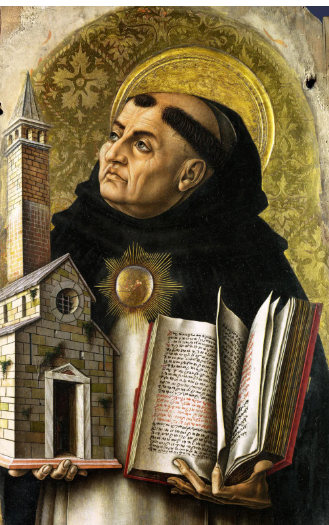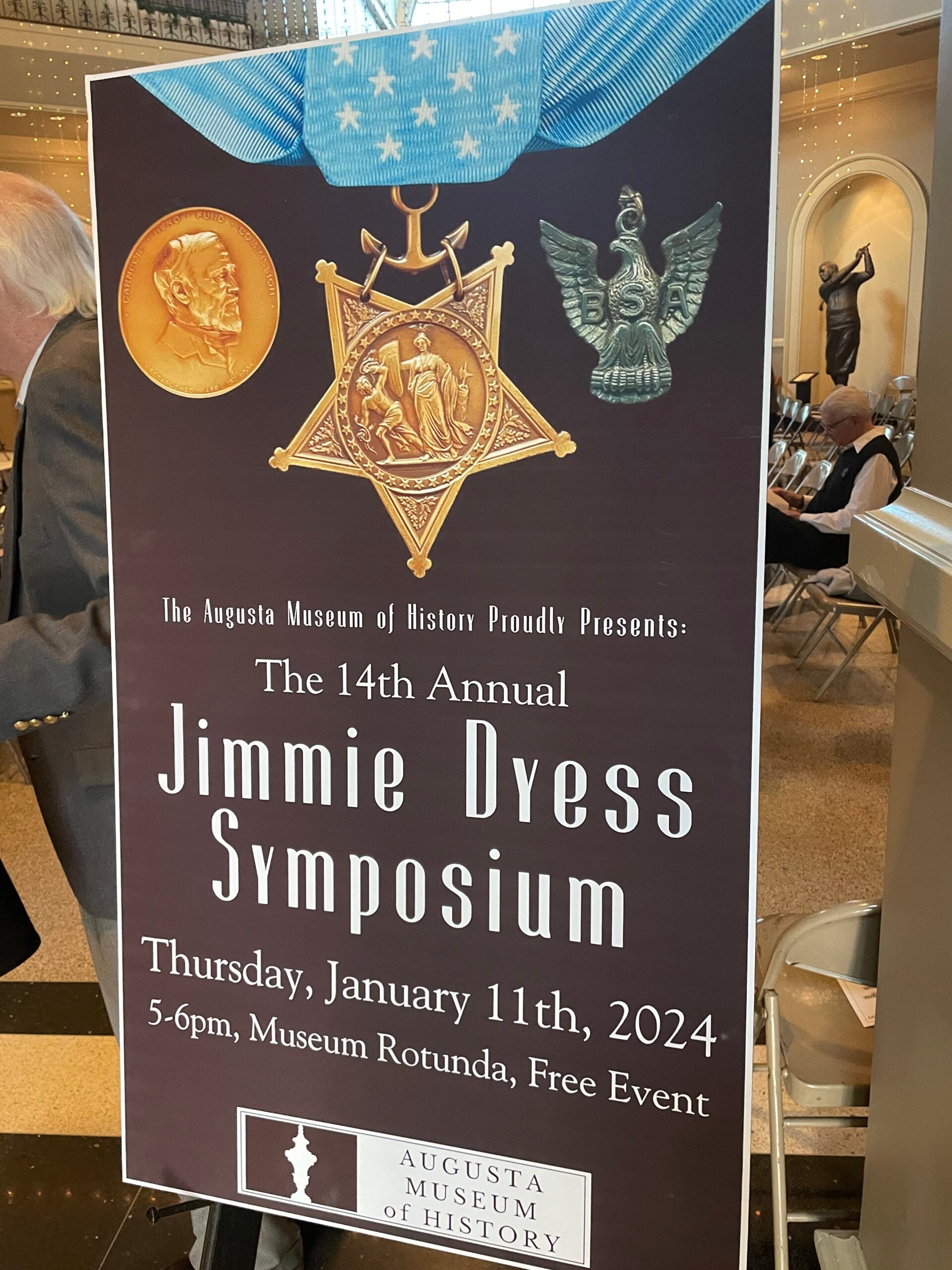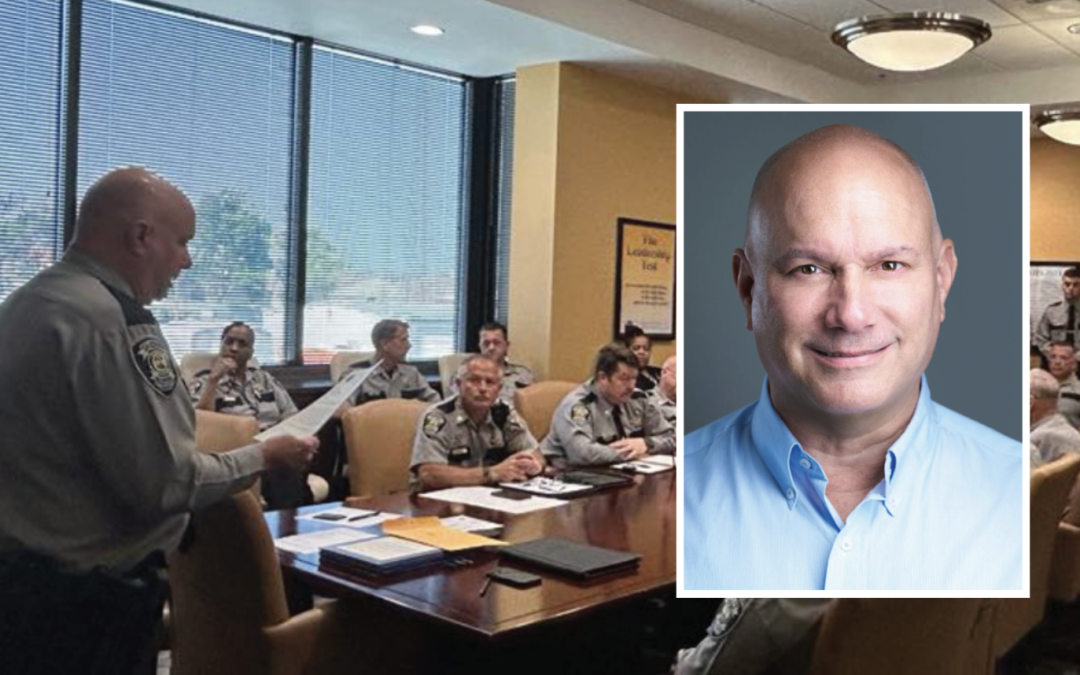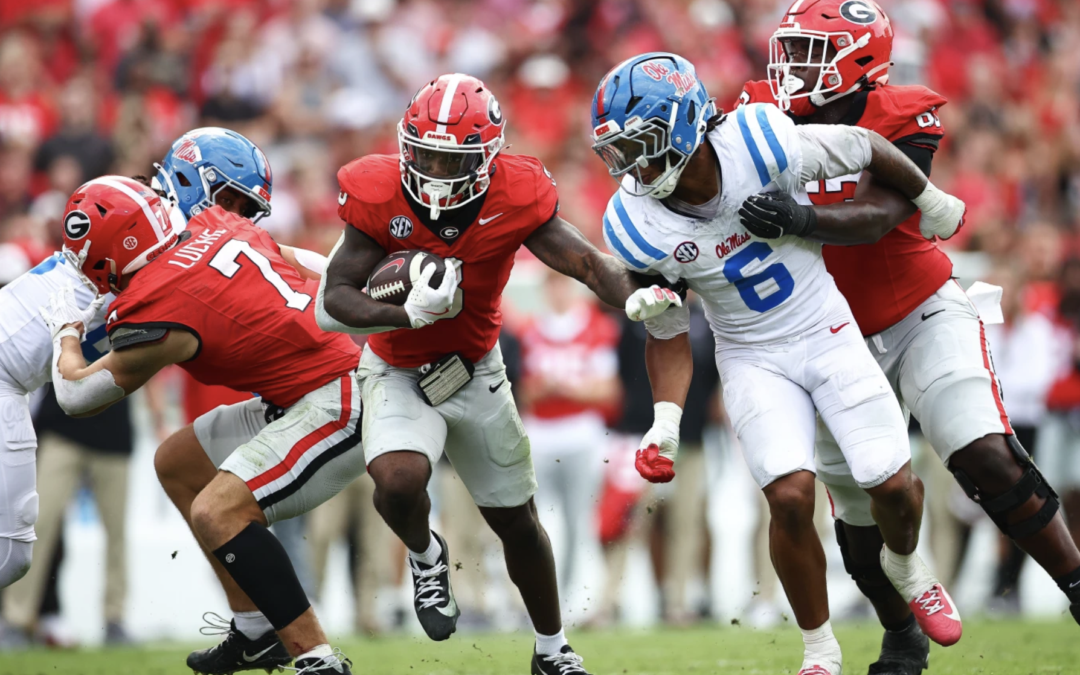Everyone is familiar with legendary Fighting Irish of Aquinas High School, Augusta’s underdog school in both scholastics and sports; while the local Aquinas High School is not the true location of the film “Underdogs,” the school is named after one of the greatest underdogs in the history of the Catholic Church.
Saint Thomas Aquinas, was born to an aristocratic Italian family sometime around 1225 in what is now Naples. According to Joe LaVert, religious studies teacher at Aquinas, the young man was born into privilege and he in turn had the responsibility of allowing his family to decide his destiny for him.
The young Aquinas was groomed to one day become a Francisican monk and take a vow of poverty; however, Thomas Aquinas was also born just on the cusp of what would later be lumped into one age, that of the Renaissance, even though he predated it by several centuries.
In fact, you could say that Aquinas was a trailblazer in what was the early “renaissance of theology.”

Franciscan monks, according to LaVert, not only took a vow of poverty and largely kept to the cloistered solitude of the monastery, and studied mostly the theories of Plato when it came to the theology of the Ancients.
However, Aquinas, was warming more to the growing Dominican sect within the church and he broadened his studies to include the philosophies of Aristotle, which angered his family.
According to Danny Craig, deacon at St. Teresa of Avila’s Catholic Church, the Dominicans weren’t exactly thrilled to have the portly “dumb ox” in their midst.
“Oh, they didn’t like him at all. No one thought highly of him believed him to be of low intelligence, but then he goes on to write some of the most important works in the history of the Catholic Church,” Craig said.
Perhaps Aquinas’ greatest skill was the ability to question everything without regard to the source and always keep alternate possibilities open before telling someone they are wrong, leaving open the possibility that, on some level, the person may be right. He was a follower of Aristotle, but he was not without his own reservations to some of Aristotle’s beliefs.
Aquinas’ “Summa Theologea” became his most important work as the author worked out, using rational thought, to lay “proof” of a divine spirit without ever actually asking the question, “does God exist?”
“He is nobody’s fool. He’s not going to say ‘I can prove God exists.’ The way he is going to do that is frame faith using rational thought. The idea that humans can figure things out, taking away faith from becoming its own kind of superstition,” LeVert said.
In life, Aquinas would go from being considered a theological dullard to acclaimed as one of the greatest thinkers of the Catholic Church. His writings about the legitimacy of Christians studying natural science helped lead to the time of great inventions and the eventual Renaissance.
So, how did Aquinas’ name get placed on the Catholic high school here in Augusta? According to LaVert, the “new” combined schools of The Catholic Boys School and Mount Saint Joseph Girls School in 1958 needed a name and that the name of Thomas Aquinas was just a perfect fit.
“He is the patron saint of universities and scholars and a Doctor of the Church, so it just fit nicely,” LeVert said.
…And that is something you may not have known.
Scott Hudson is the Senior Investigative Reporter and Editorial Page Editor for The Augusta Press. Reach him at scott@theaugustapress.com










